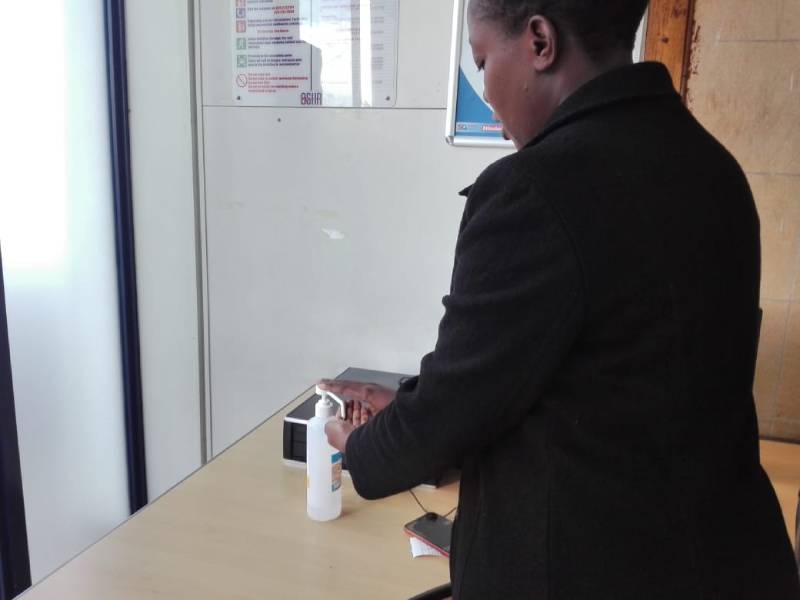×
The Standard e-Paper
Fearless, Trusted News

Since the announcement and confirmation of the first coronavirus case in the country, Kenyans have not been taking things lightly.
Effects of the spread are being felt by the mighty and the lowly.